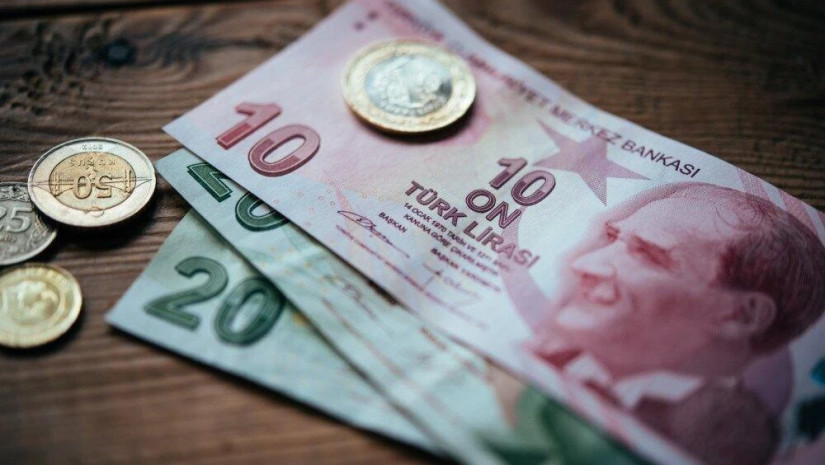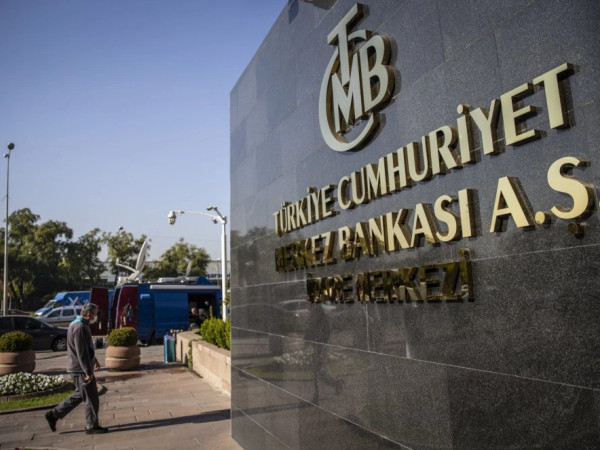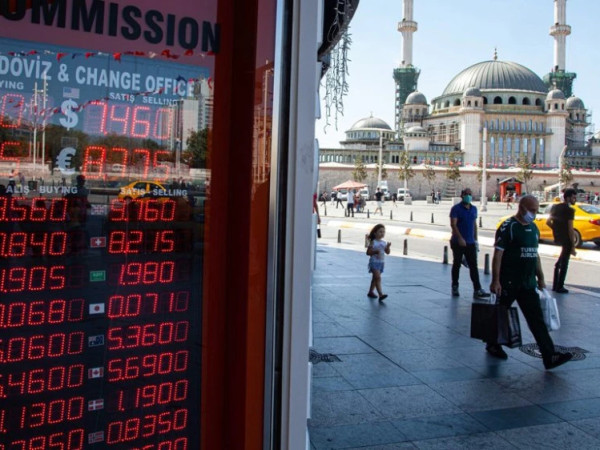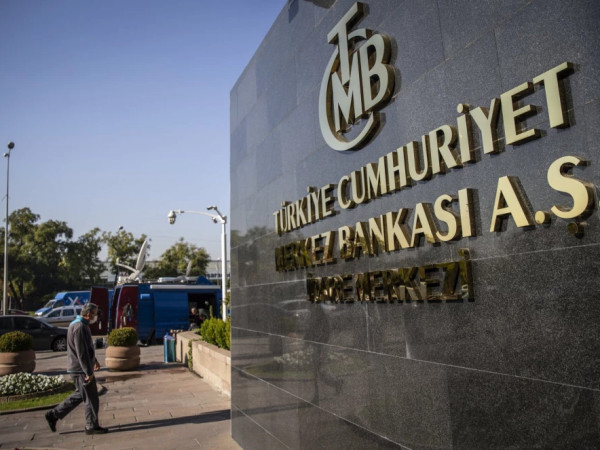Turkey’s central bank slashed its key interest rate by 150 basis points for the third consecutive month of cuts on Thursday, from 12% to 10.5% — despite Turkish inflation at more than 83%.
Market analysts expected a 100 basis-point cut, so the move still managed to take many by surprise despite the increasing regularity of Turkey’s interest rate cuts. Consumer prices for the country of 84 million people climbed to a new 24-year high of 83.45% in September, though many people living in Turkey say prices for basic goods have in some cases more than tripled in the past year.
The country’s monetary policy, directed by Turkish President Recep Tayyip Erdogan, is based on a pursuit of growth and export competition rather than calming inflation. Erdogan vocally espouses the unorthodox belief that raising interest rates increases inflation, rather than the other way around, and has called raising rates “the mother of all evil.”
The policy consistently provokes criticism and bafflement from economists, and plays a major role in the dramatic weakening of Turkey’s currency, the lira, which has lost roughly 28% of its value against the greenback this year.
The lira was roughly flat after touching an all-time low following the news at 18.615 to the dollar. It’s down 50% against the greenback in the last full year. While Turkey’s current account deficit narrowed in August thanks to help from tourism revenues, it still sits at a sizeable $3.1 billion, according to data from Goldman Sachs.
“The lira remains weak, real yields are artificially low, inflation has surged and the current account remains in deficit. This has caused international investors to abandon the local currency bond market in Turkey in recent years,” Daniel Wood, portfolio manager at William Blair Investment Management, wrote in a note Thursday.
Turkey’s government has pursued alternative strategies to bolster its currency including programs to encourage lira deposits in banks, selling dollars for lira — which has shrunk its foreign exchange reserves — and getting investment and assistance from wealthy Gulf states to fund its currency intervention.
Ankara has also remained friendly with Moscow, attracting waves of Russian millionaires and billionaires as they seek to evade Western sanctions.
Election strategy?
Timothy Ash, a senior emerging markets strategist at BlueBay Asset Management, says this is all in pursuit of winning the next Turkish general election in July of 2023.
“These pro-growth policies might well win Erdogan the election, but they will boost import demand, undermine competitiveness, and surely massively boost the current account deficit,” he said in an email note to clients.
But Erdogan remains determined to get the country’s interest rate down to single-digits by the end of this year.
“My biggest battle is against interest. My biggest enemy is interest. We lowered the interest rate to 12%,” the president said during an event in late September. “Is that enough? It is not enough. This needs to come down further.”
Turkey’s central bank signaled that another rate cut would follow in November but that may be the last cut, saying that financial conditions had to remain “supportive” to growth amid a weakening demand environment. It added that slowing foreign demand and pressures on the manufacturing industry are being “closely monitored,” and that “credit, collateral and liquidity policy options will continue to be implemented.”
“The Committee evaluated taking a similar step in the following meeting and ending the rate cut cycle,” the bank said.
“This guidance appears to be an admission that lowering interest rates is hardly the right thing to be doing when inflation is so high,” Liam Peach, senior emerging markets economist at London-based Capital Economics, said in an email note. “But at the same time, it would take interest rates to 9% and satisfy President Erdogan’s wish to bring rates down into single digits.”
In the meantime, he said, “policymakers will continue with their pursuit of their ‘new economic model’ which focuses on ‘lira-isation’ as one of the main channels to bring inflation down on a sustained basis.”
But “one key threat remains the lira,” Peach added, noting that the currency has managed to stay stable at roughly 18.6 to the dollar. “The risks are becoming increasingly skewed to further large falls in the currency given Turkey’s high inflation rate, widening current account surplus (5% of GDP in August) and a backdrop of tightening external financing conditions,” CNBC reports.















